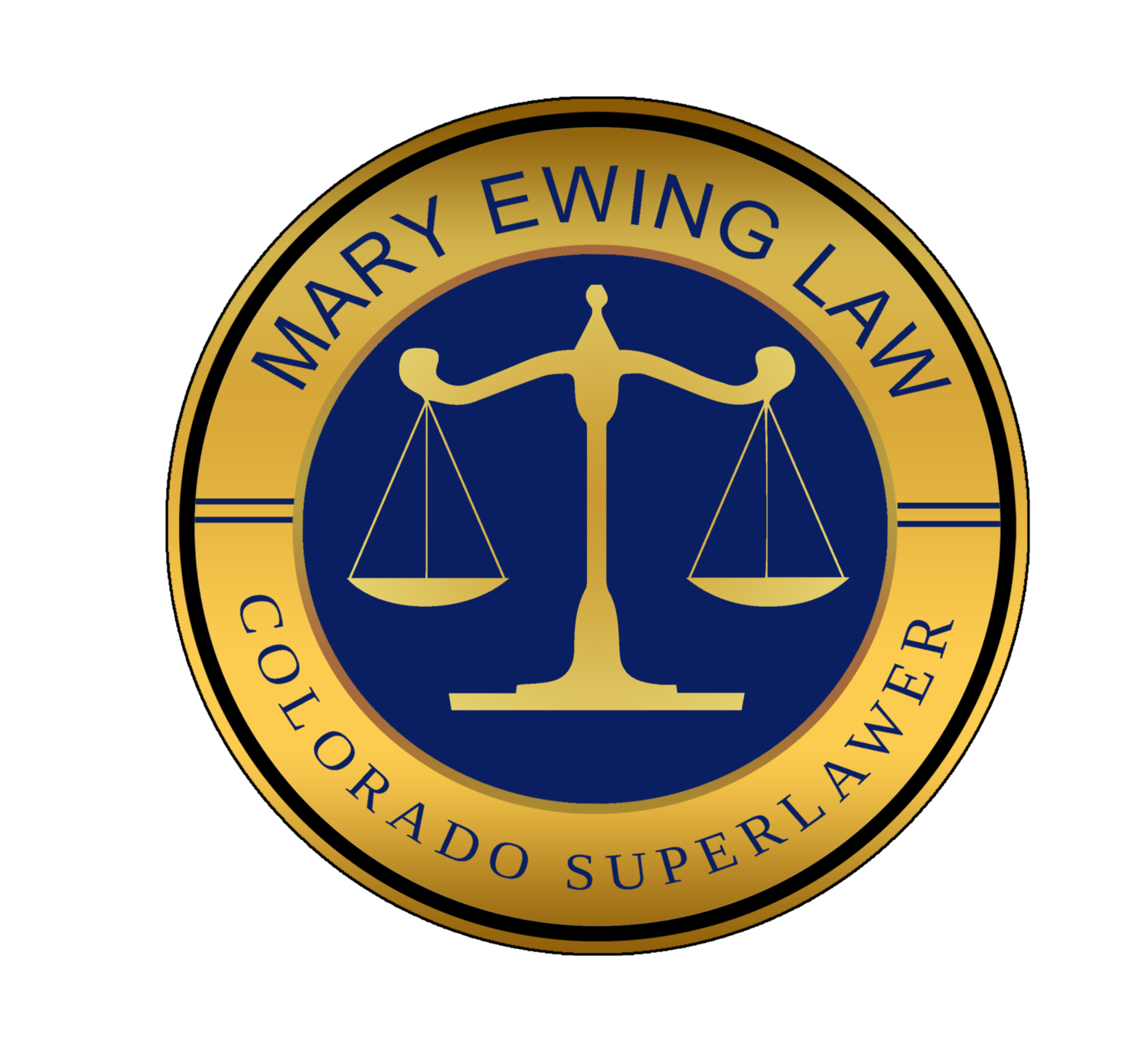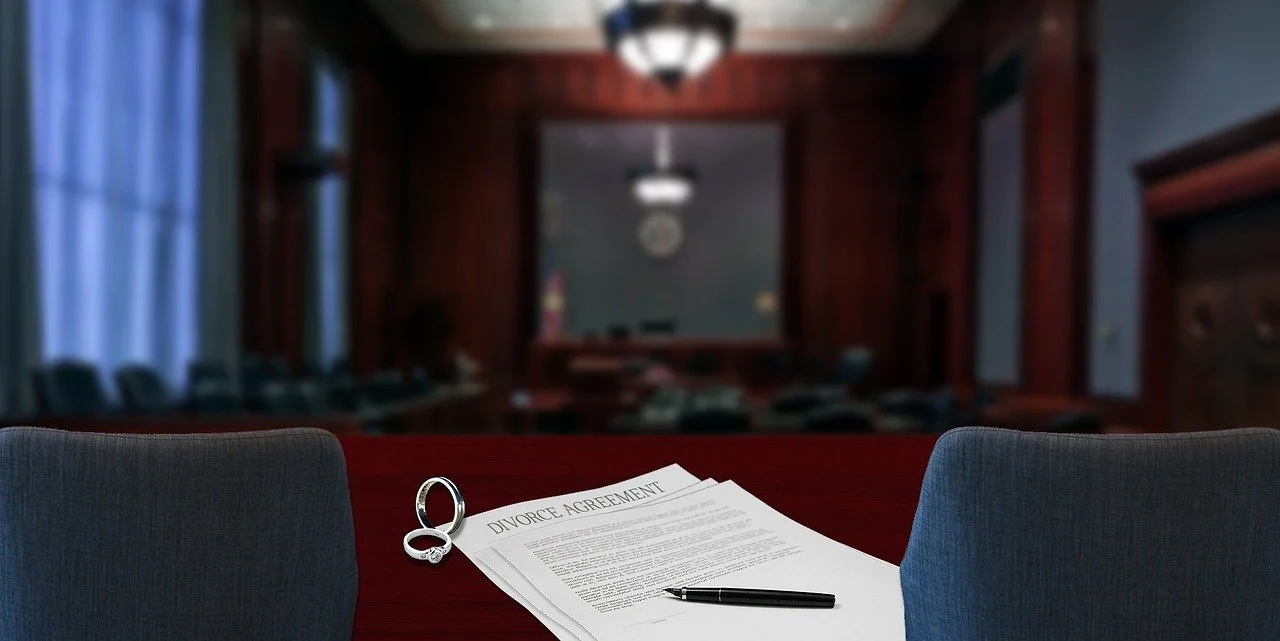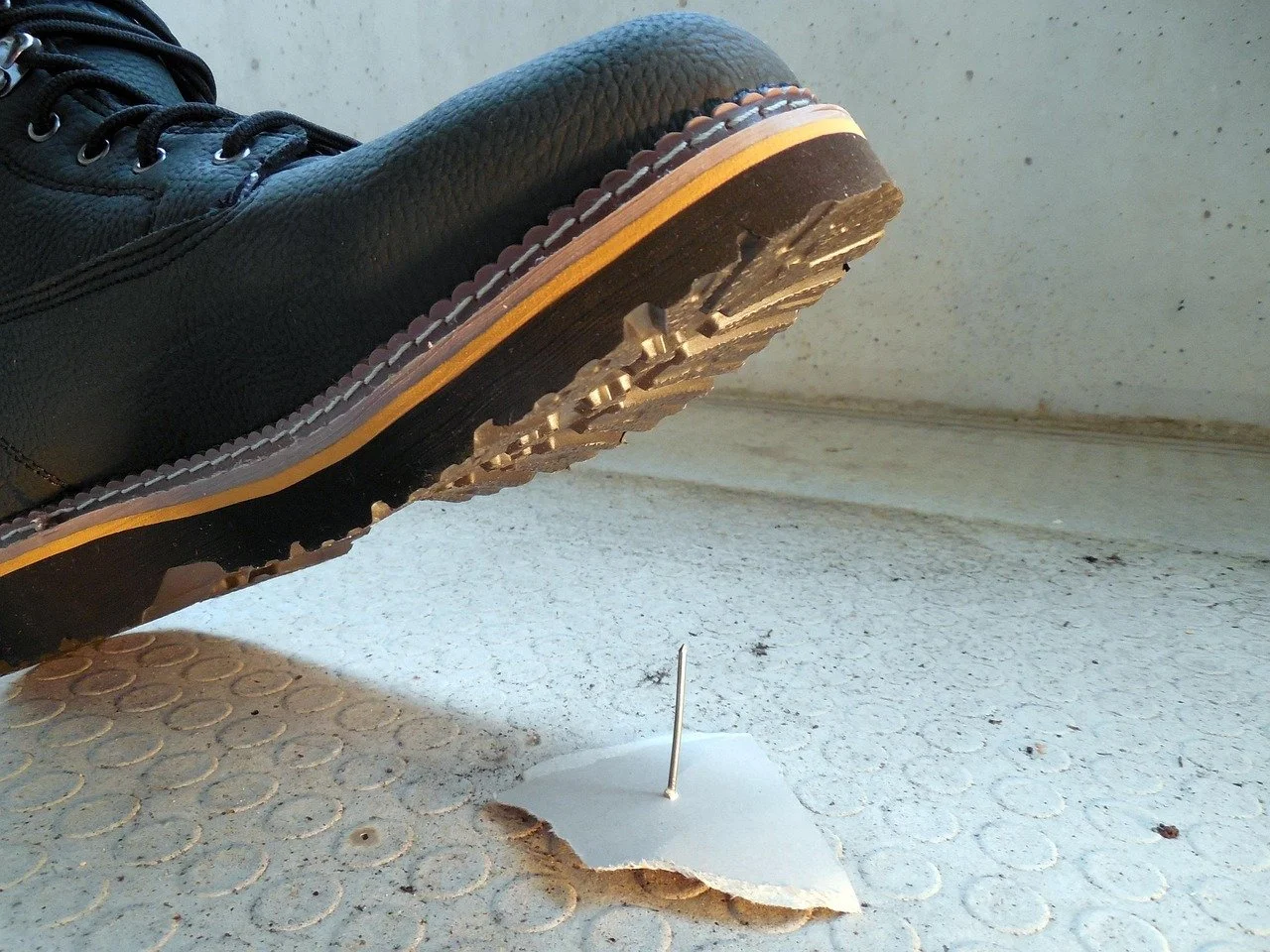Colorado follows a no-fault divorce system, meaning spouses do not need to prove wrongdoing to dissolve a marriage. This article explains what no-fault divorce really means, when misconduct can still matter, and how courts handle property division, parenting time, and fairness concerns.
Can you get fired for filing a worker's compensation claim in Colorado?
Understanding the First Step in the Divorce Process
For those unsure about whether divorce is the right move, Mary encourages clients to focus on three key areas:
Safety – Is there emotional, physical, or financial safety in the relationship?
Communication – Is there still a path toward cooperation or counseling?
Information – Do you understand your financial situation, legal rights, and what divorce would mean for your life?
In Colorado, exploring these questions doesn’t mean you have to immediately file. Mary often helps clients plan temporary arrangements such as financial support or physical separation while they decide.
What Does Workers’ Compensation Actually Pay For in Colorado?
What to Do After a Workplace Injury in Colorado: Advice from Attorney Mary Ewing
When a workplace accident happens, knowing what to do next can protect both your health and your rights. Colorado attorney Mary Ewing, who has over 40 years of experience handling workers’ compensation, personal injury, and family law cases, shares what every injured worker should know about reporting injuries, getting medical care, and protecting their job.
Do you really need a lawyer after a car crash?
After a car crash, it’s not always clear whether you need a lawyer—but making the right choice can greatly affect your recovery and settlement. Colorado attorney Mary Ewing explains when legal help is essential, how to recognize unfair insurance offers, and why settling too soon can cost you. Learn how hiring an experienced lawyer can protect your rights, reveal hidden costs, and ensure you get the compensation you deserve.
What Happens When You’re in a Car Accident: Steps to Protect Yourself
A car accident can be overwhelming, but the steps you take right afterward can greatly impact your health and legal rights. Colorado attorney Mary Ewing, with over 40 years of experience, explains what to do at the scene, why calling the police and seeking prompt medical care are essential, and how to protect yourself from insurance pitfalls. Learn how smart, timely actions can safeguard your recovery and your claim.







